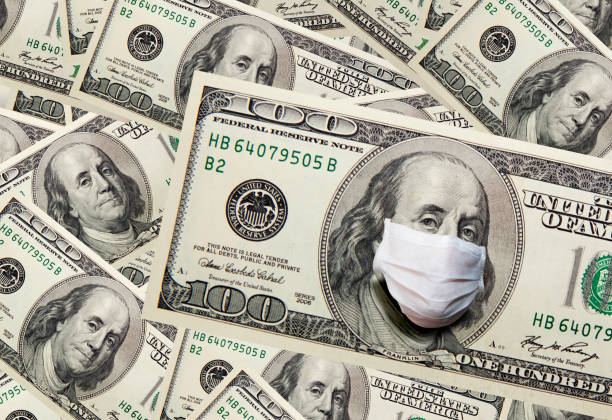New York, July 17 – The United Nations said support by rich countries have been “grossly inadequate” and it urged the G20 to generously fund anti-coronavirus programs in poor and fragile countries or else an estimated 265 million people would starve and thousands of children would die from preventable diseases and Covid-19.
The UN updated its appeal for funding the anti-coronavirus fight to US$10.3 billion after it had received only $1.7 billion from its May’s appeal for $6.7 billion. The new request was sent to the G20 which groups 19 governments and the European Union and central bank governors. G20 is this year under Saudi Arabia’s presidency and it has been holding meetings throughout the year to discuss global issues.
The UN said the pandemic and economic downturn in some countries may cause an increase in global poverty for the first time since 1990, which would push 265 million to starvation and an estimated 6,000 children could die from diseases and Covid-19.
“The pandemic and associated global recession are about to wreak havoc in fragile and low-income countries,” said UN Under-Secretary-General for Humanitarian Affairs Mark Lowcock.
“The response of wealthy nations so far has been grossly inadequate and dangerously short-sighted. Failure to act now will leave the virus free to circle round the globe, undo decades of development and create a generation’s worth of tragic and exportable problems.”
“It doesn’t have to be like this – this is a problem that can be fixed with money from wealthy nations and fresh thinking from the shareholders of international financial institutions and supporters of UN agencies, the Red Cross and Red Crescent movement, and NGOs.”
By mi-July, more than 13 million people worldwide have been infected and more than 580,000 have been killed by coronavirus.
The UN said the new appeal for $10.3 billion is intended to bolster works by non-governmental organizations in the field, anti-famine and prevention of gender-based violence programs, and global transport and relief delivery systems in some 63 poor countries.

